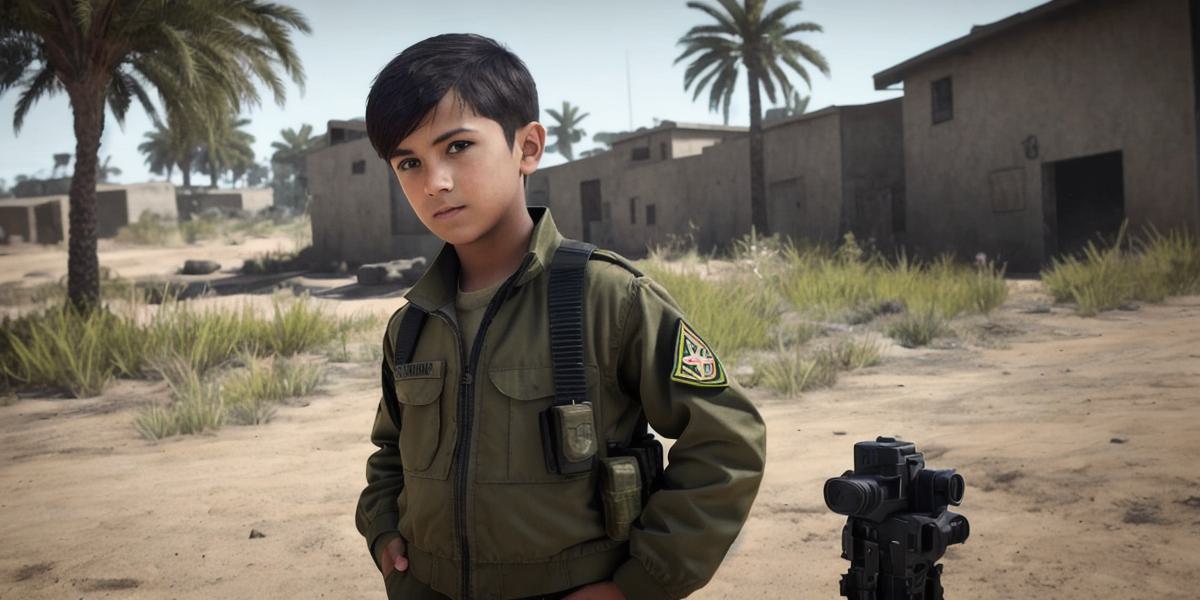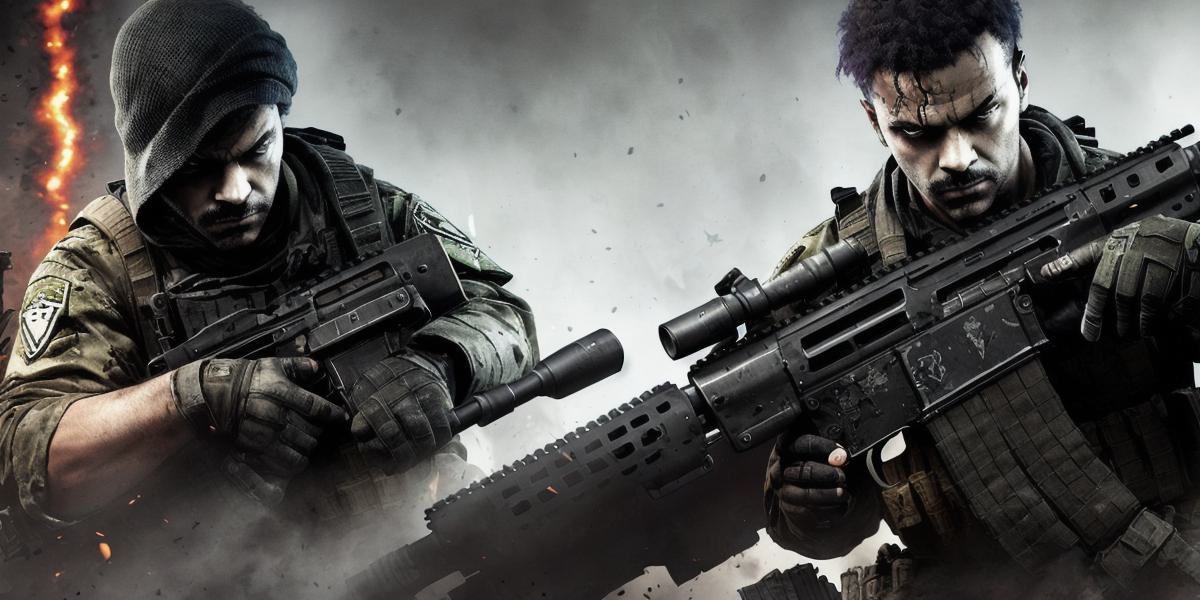Call of Duty, a popular first-person shooter game series, is known for its intense action, realistic graphics, and strategic gameplay. But what about the age group that’s often associated with this game – 13-year-olds? Is Call of Duty suitable for this age group or should parents keep their kids away from it?
In this article, we’ll explore the pros and cons of Call of Duty for 13-year-olds, using case studies, research, and expert opinions to help you make an informed decision. Let’s get started.
Pros:
- Improves cognitive skills: Call of Duty requires players to think strategically, solve problems, and multitask. These cognitive skills are crucial for brain development and can help improve a child’s academic performance.
- Develops social skills: Call of Duty often involves teamwork and communication, which can help children develop their social skills. They learn how to work together towards a common goal and communicate effectively with teammates.
- Teaches responsibility: Playing Call of Duty requires players to make decisions and take responsibility for their actions. This can help instill a sense of responsibility in young children and prepare them for adulthood.
Cons:
- Violent content: Call of Duty features intense violence, which can desensitize young children to real-life violence and lead to aggressive behavior.
- Addiction: Call of Duty can be addictive, leading children to spend hours playing the game instead of engaging in other activities such as schoolwork or socializing with friends.
- Negative impact on mental health: Some studies have linked excessive gaming, including Call of Duty, to increased risk of depression and anxiety in young children.
Expert Opinions:
"Call of Duty can be a good game for 13-year-olds if they play it in moderation and with appropriate settings," says Dr. David Levithan, a child psychologist. "However, parents should closely monitor their children’s gaming habits to ensure they don’t become addicted or desensitized to violence."
Case Studies:
A study conducted by the University of Oxford found that children who played violent video games were more likely to engage in aggressive behavior and have lower self-esteem than those who played non-violent games. However, the study also found that the impact of violent video games on young children was largely mediated by their parenting style and level of supervision.
Real-Life Examples:
One 13-year-old girl started playing Call of Duty with her friends and quickly became obsessed with the game, spending hours playing every day. Her grades began to slip, and she started to become more aggressive towards her family members. After her parents intervened and set limits on her gaming time, she gradually improved her behavior and academic performance.
FAQs:
- Is Call of Duty suitable for 13-year-olds?
While Call of Duty can be a fun game for some kids, it’s important to monitor their gaming habits and ensure they don’t become addicted or desensitized to violence. - What are the pros and cons of Call of Duty for 13-year-olds?
Call of Duty can improve cognitive skills, develop social skills, and teach responsibility. However, it also features violent content, can be addictive, and have a negative impact on mental health. - Should parents keep their 13-year-old kids away from Call of Duty?
It depends on the child’s individual behavior and gaming habits. Parents should closely monitor their children’s gaming time and ensure they don’t become addicted or desensitized to violence.
In conclusion, Call of Duty can be a fun game for 13-year-olds if they play it in moderation and with appropriate settings. However, parents should closely monitor their children’s gaming habits and ensure they don’t become addicted or desensitized to violence. By doing so, we can help our kids develop important skills while also protecting their mental health and wellbeing.



